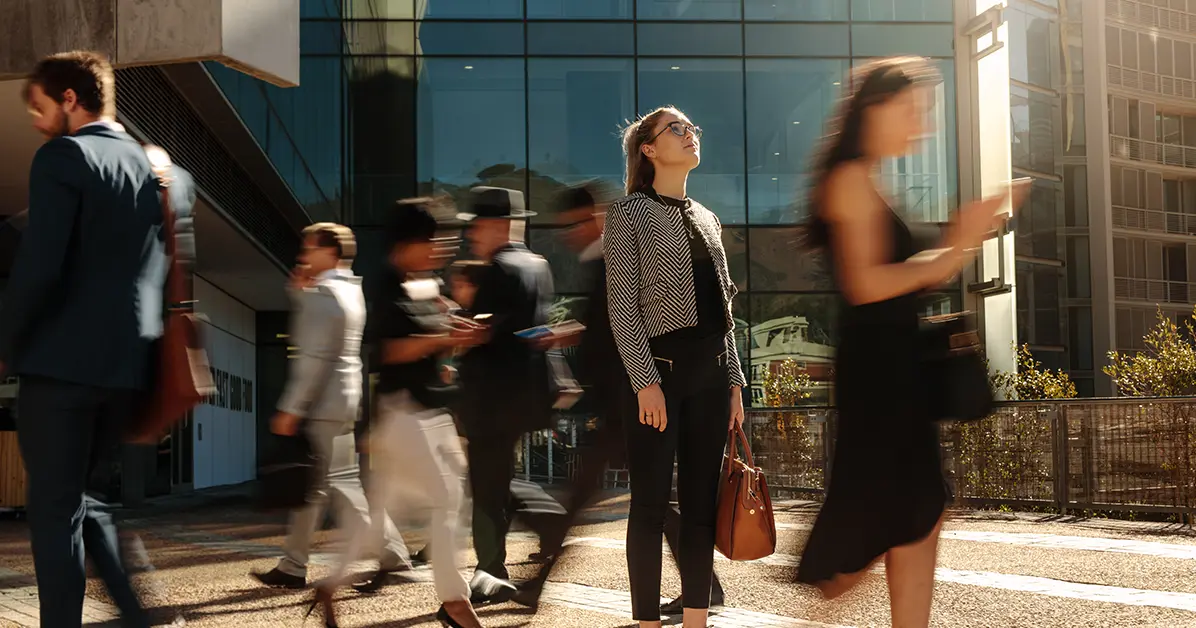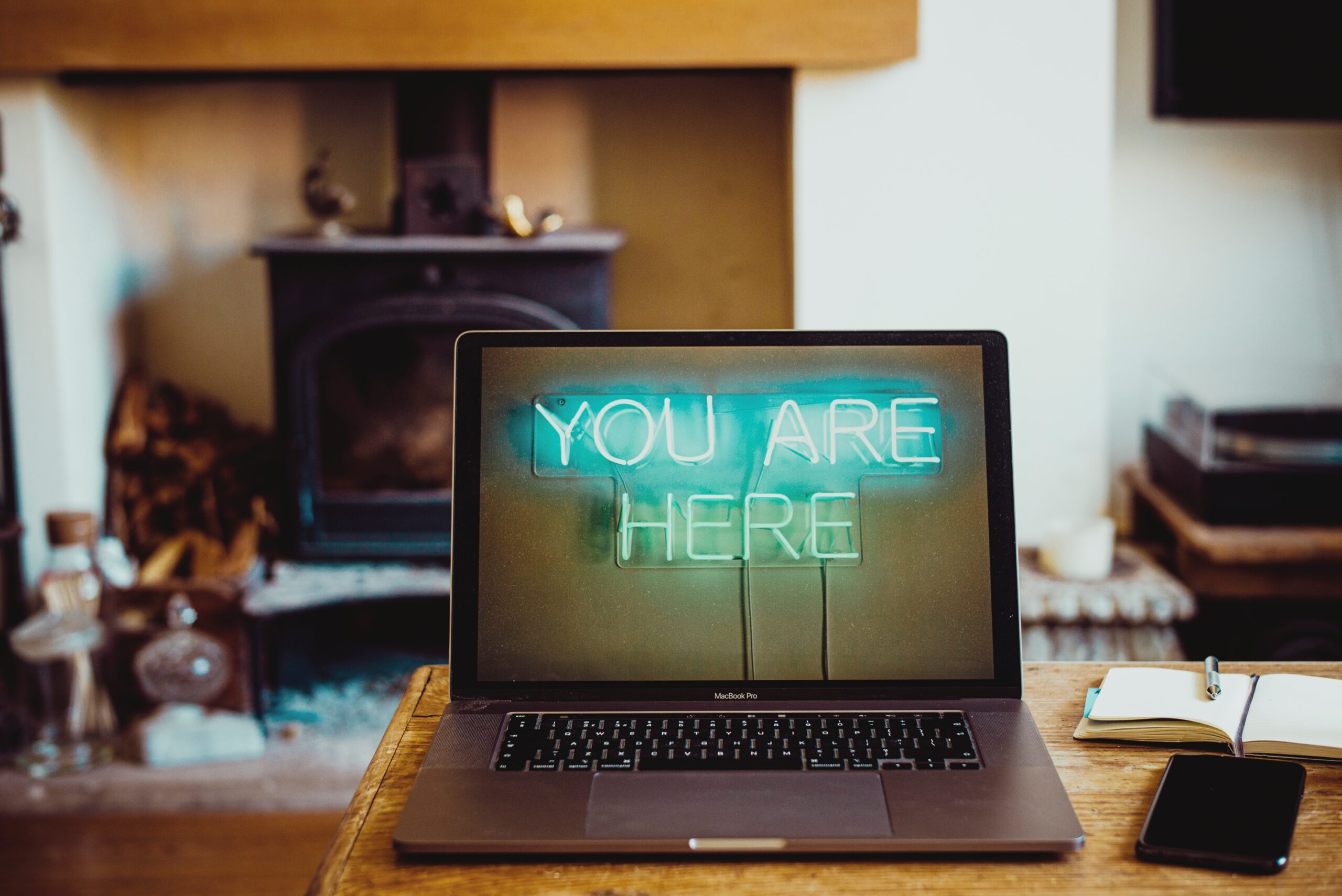The key to the Future of Work is Empathy
During the various phases of COVID, I’ve reflected on the Future of Work initiatives I’ve been involved in throughout my time in big 4 Consulting firms. Covid has caused an acceleration for many industries that were already disrupted, shut down businesses that were teetering on the edge of relevance and created burning platforms for others. It has affected business, right down to the way we work each day (mainly in active wear) and ironically, the opportunity for a more ‘future fit’ workforce.
Covid is the opportunity to walk in the shoes of your employees
If there is one thing COVID has taught us in business, it’s to question whether we understand our employees as well as we understand our customers.
I’ve lost count of the amount of times in my Consulting career that clients spoke about ‘Transformation’ as an enterprise or tech implementation, rather than looking at their best asset – their people. It’s no coincidence that “Human Centred Design” is by far one of the best ways to uncover the basis for true transformation. By addressing your business need, the experience you want to create ( employee and customer) and the technology that will enable that change, you can enable a workforce who will drive that change.
Perhaps your current business model is no longer suitable? Eg: All your customers have moved online due to Covid and your physical stores are no longer relevant. Whatever the scenario, your employees are the ones who are the vehicle to get you there.
I’ve got NPS scores — what more do I need?
Whilst many companies have worked on their customer experience from optimising online shopping carts or transitioning from call centres to online chat based on customer behaviors.
Many organisations have missed the opportunity to go beyond an NPS score with employees, real behavioural data is what you’re after.
There were very clear indications pre covid, that flexible working was not just an HR tagline or ‘a nice to have’. COVID has now highlighted just how much flexible working assists in productivity. We are human after all and battling rush hour commutes to offices is seldom the best way to foster maximum productivity. Your employees will have some seriously interesting stories to tell you during COVID. What were the hacks they used to stay productive? What are the ways they like to work? How did they continue to collaborate? Do you even have the right data to understand what that story is?
I’ll never forget a scenario at an agency I worked at some years ago, where a great employee asked if she could work from home the next day as she wasn’t feeling 100 percent. Her manager answered “ Why don’t you come into the office and see how you feel?”. I can tell you how she felt, she went from willing to work to stay productive despite feeling unwell, to wanting to take a sick day and considering using that time to look for another role! This agency didn’t seek to understand what worked for their employees or invest in their flexible working needs and they lost many good employees as a result.
During the first few weeks of COVID, companies that hadn’t trusted their employees to work from home previously, were forced to quickly make a plan with sub optimal supporting technology. No one had thought to invest in the tech to enable working from home.
When COVID hit it was much like telling someone that parachuting was suddenly a great idea, giving them a plane without a parachute and hoping for the best.
What can you do in the short term? Lead with empathy — even in redundancy.
Recently, I have been speaking to people in roles that are likely to be restructured. In short, it’s torture. They start each day with a sense of dread, it’s like death by a thousand cuts. Waiting for the inevitable, it’s a downward spiral of self doubt and uncertainty – hardly a productive mindset.
Linkedin CEO Jeff Weiner talks about leading and practising compassion. He cites that one of the biggest mistakes managers make is leaving someone in a position that they are no longer suited for. Empathy means taking control, as employees won’t call out their burn out, or suggest a change to another role in this current landscape. This affects the whole culture of an organisation, creating a fight or flight mentality. When fear and uncertainty rules, it’s inevitable that you lose productivity and resilience. What could you do today to make sure that you’re connected to your employees? How can you be more transparent? Or circumvent the suffering of your employees, by releasing them from uncertainty?
If we don’t face these challenges with a sense of humanity and empathy, we will inevitably fail to grow from the opportunities that Covid has created.
Photo credit Aleks Marinkovic on http://aleksmarinkovic.com
Latest.

Being a great designer isn’t enough to get hired—you need to prove your impact
Job Seeker, Design

Hiring in Australia: 5 trends redefining our job market
Hiring Insights, Industry Trends, Ask Aquent, Leadership

How to avoid creative burnout and refill your creative tank (before you really need to)
Thought Leadership




